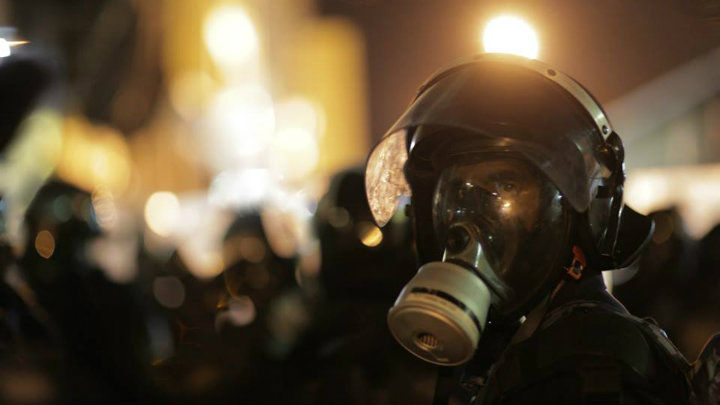Maldives falls in freedom ratings
The arrest and detention of hundreds of opposition supporters as well as treason charges against the national human rights watchdog in 2015 has resulted in a decline in Maldives’ freedom ratings.

27 Feb 2016, 09:00
The arrest and detention of hundreds of opposition supporters as well as treason charges against the national human rights watchdog in 2015 has resulted in a decline in Maldives’ freedom ratings.
Freedom House, a US-based organisation that evaluates the state of freedom in 195 countries in its annual Freedom in the World report, said civil liberties are on the decline in the Maldives.
President Abdulla Yameen’s administration, which is under fire over the jailing of opposition leaders and failure to investigate threats against journalists and politicians, is listed as “partly- free.”
It is also among three countries that lost its designation as an electoral democracy this year.
Become a member
Get full access to our archive and personalise your experience.
Already a member?
Discussion
No comments yet. Be the first to share your thoughts!
No comments yet. Be the first to join the conversation!
Join the Conversation
Sign in to share your thoughts under an alias and take part in the discussion. Independent journalism thrives on open, respectful debate — your voice matters.




